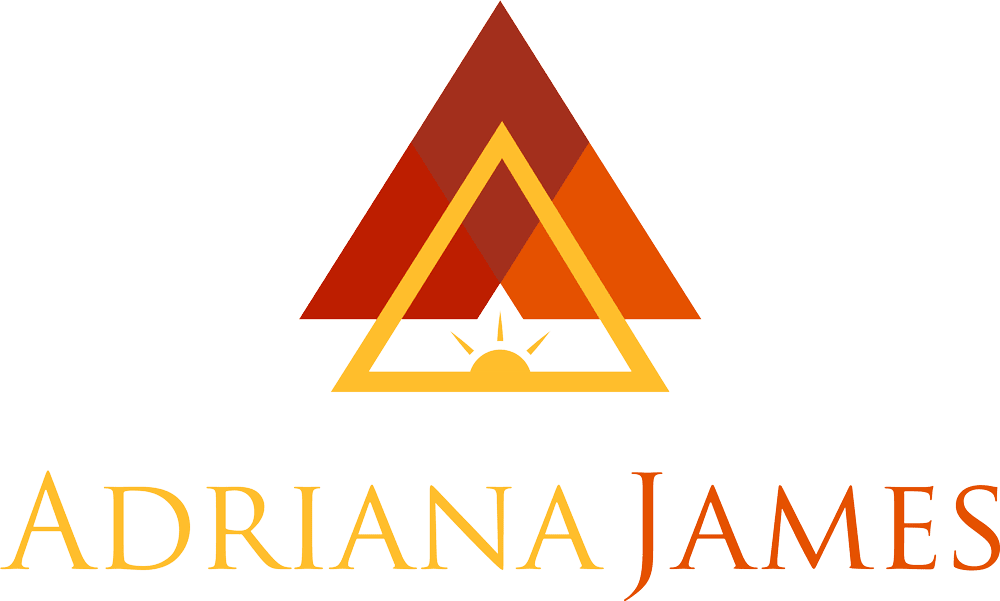Communication entails far more than just words.
Besides words, we communicate through:
Neuro-Linguistic Programming (NLP) emphasizes the importance of awareness of non-verbal communication patterns as well as verbal ones.
There is a reason why so many people hold live and online events (including conferences, meetings, seminars, and sales presentations) these days, and it is economic, not sentimental. It certainly isn’t a question of convenience, because events are complex and expensive to host. Video is the closest remote alternative and shares many (but not all) of the positive characteristics of a live event.

It is not a secret that the longer you engage with a person (reading, listening, watching, conversing), the more you are invested in their idea and personality and the more likely you are to buy from or promote them. Observing a person’s facial expressions and body language (without preconceived ideas or guessing) and listening to their voice builds trust assuming that these are congruent with the message they deliver. We buy from people we know, like, and trust, and actually watching and listening to a person enhances rapport and a sense of connection.
Most people’s non-verbal communication is unconscious. In everyday conversations, you have probably noticed people whose words say one thing which their body language and tonality flatly contradicts. Sales people who are trying to sell a product, and friends or family members who want to be “nice” are the most common offenders. They may say, “I know that this product will fit your need, and this is the best price I can offer you.” Or, “That dress looks fantastic.” Yet, at the same time, you notice from some other subtle movements that they are not as truly convinced as they hope you will believe.
NLP allows you the discovery of all that is “hidden” by the non-verbal communication (without guessing, or mind-reading, without pre-conceived ideas or dogma). Everyone is different and different does not necessarily mean wrong. This portion of any Neuro-Linguistic Programming (NLP) course frequently creates the greatest transformation in students’ relationships, both personal and business.

Aside from that, NLP is very helpful in improving verbal communication. Here are only a few of the NLP techniques specifically designed for this purpose:
For speakers, leaders, team building and even in private relationships, communicating wisely and efficiently is essential. NLP facilitates and assists with learning how to address people differently according to who they are, to have them really hear what you are actually saying and process that information objectively.
For example, understanding the NLP Model of Communication (which explains the human tendency to delete, distort, and generalize everything they hear) is an important part of the communication process because it is not until you are aware of it that you can use language and other NLP tools to achieve your goals.

NLP Practitioner Training increases the ability for the speaker as well as for the listener to respond positively to everything you convey. This makes it into a very powerful tool for preparing your communication, whether it is a talk with your significant other or a presentation; it allows you to design the language that will get you the best results.
The unpacking of verbal and non-verbal communication is addressed by NLP in that it offers practical skills which are essential for any speaker addressing one person, a small group (2-3 people), to hundreds or even thousands. Speakers have carefully prepared the words they are going to speak to convey a particular message. They, or possibly their speechwriter, have determined the language patterns they should use, the precise terminology and phraseology which will move the audience most certainly towards their desired outcome, and the vocal inflections that will most surely convey their message.
However, if there is no congruency between gestures and body language, their message will transmit their own incongruency with the verbal message. Even more, a speaker may be 100 percent sincere with absolute congruence between their body language and their words, but their unconscious gestures might distract the audience and prevent their message from sinking in. NLP can also help with congruency between words and non-verbal behavior.

